
Mariam (35) came to Lebanon from Aleppo three years ago. Her husband doesn’t work and they have six children. Her eldest is only 12 years old. In the portrait with her is Ali, three years old, and Aisha, one year old. Both were born in Lebanon. Ali has a birth certificate, but Aisha does not. She wants to register her children to be able to take them back to Syria when the war ends. The Norwegian Refugee Council is representing them at the Sharia Court to prove the kinship of both babies in order to register them at the Civil Court.

Sara (18), originally from Idlib, arrived in Lebanon two years ago where she married a fellow refugee and gave birth to baby Talal. The family shares an apartment with another refugee family in Tripoli. The Norwegian Refugee Council is helping the family obtain a proof of marriage in order to complete the birth registration of the baby.
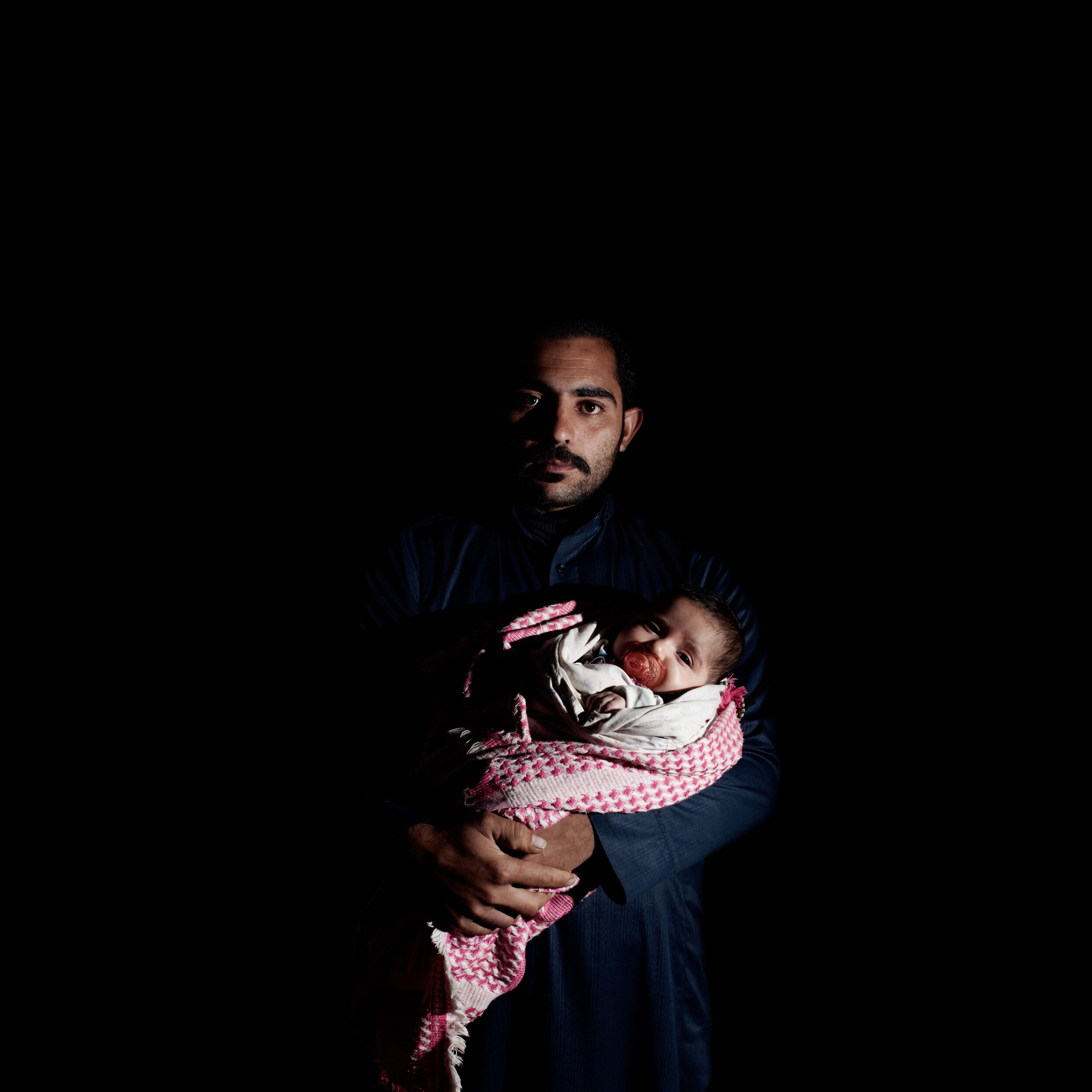
Majid (22) is a father of three. His youngest, Nour, is two months old. He fled Aleppo when his home was destroyed and came to Lebanon eight months ago. With the Norwegian Refugee Council’s assistance, he hopes to begin the birth registration process for his child.
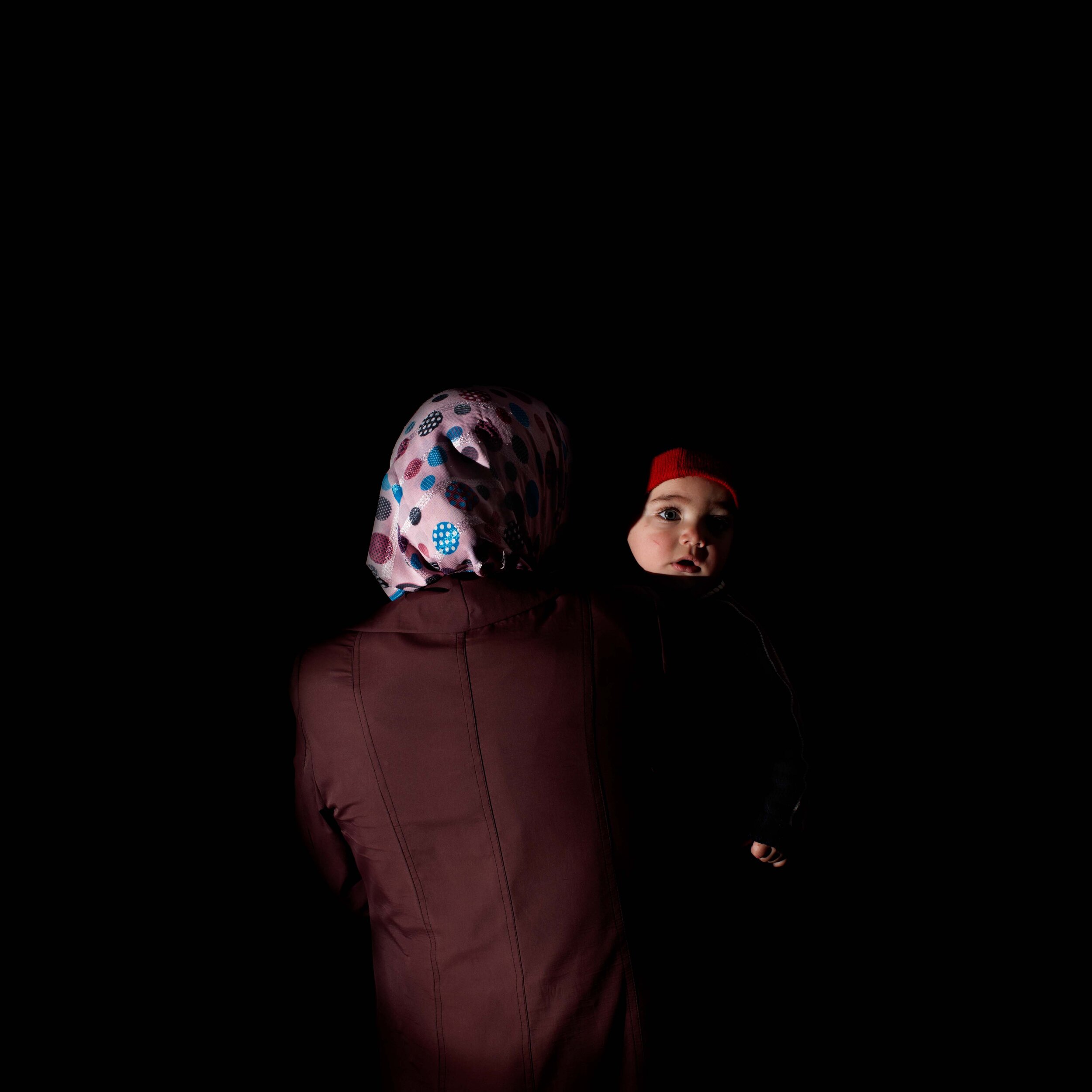
Reem (29) fled Syria with her husband and her four children. She gave birth to Jad in Lebanon 11 months ago. The family cannot send their children to school. The Norwegian Refugee Council assisted the family to obtain Jad’s birth registration. Jad will be able to acquire his Syrian nationality and in the future will be more likely to enjoy all of his rights.

Dina fled Homs nearly three years ago after her husband was wounded in the war. On their way to Lebanon the family was detained at a checkpoint. At that time Dina was six months pregnant with Layla. In Lebanon the family has been evicted four times. Layla was not registered at birth as her family did not know how to register their newborn baby. The Norwegian Refugee Council is representing the family in court to prove kinship to their daughter.
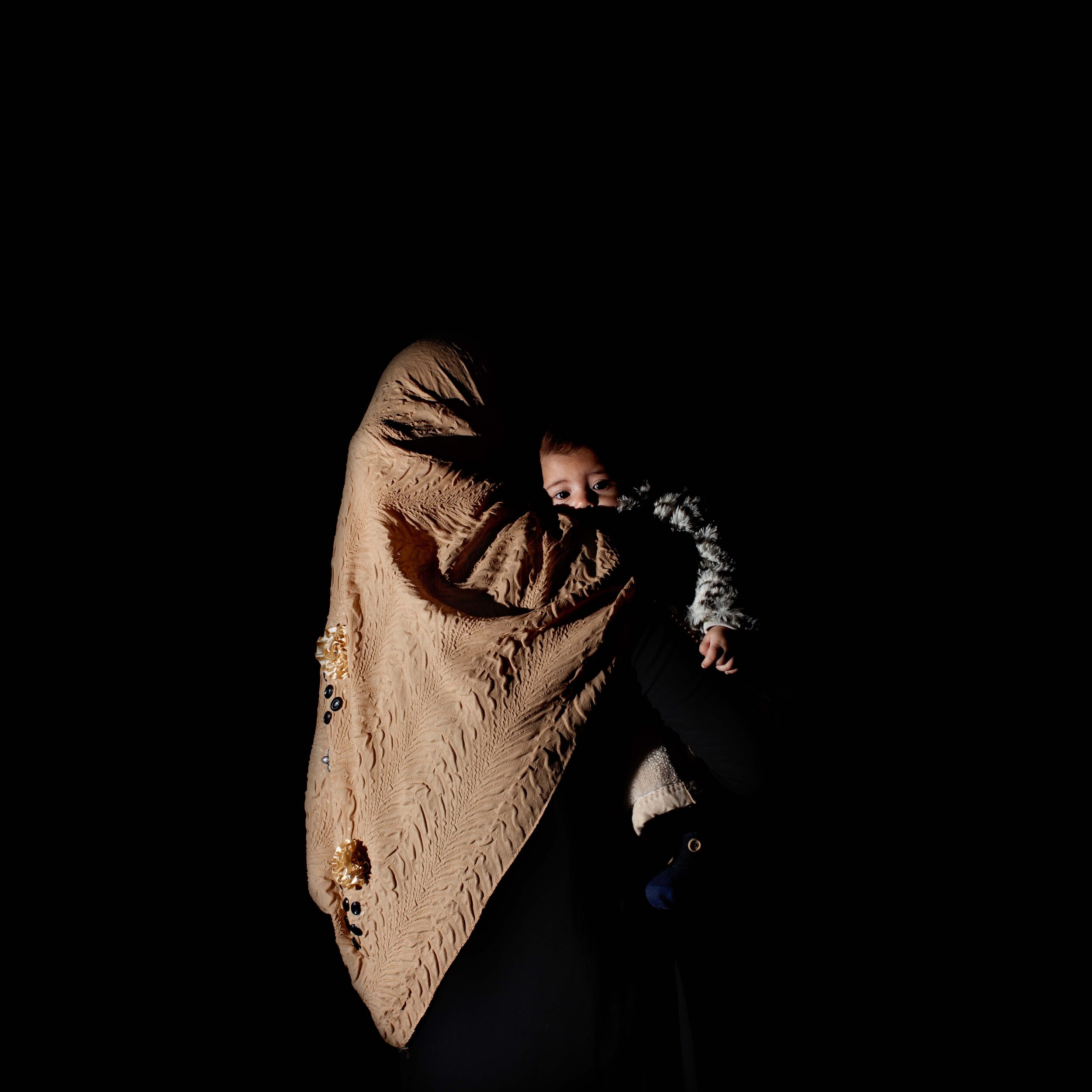
Samira fled to Lebanon over a year ago. Her baby Saja is four months old. Her family has trouble paying rent. Her husband is still in Syria and cannot come to join the family due to the difficulties entering Lebanon. When Saja was born, Samira did not know how to register the birth of her child. The Norwegian Refugee Council provided advice to Samira about how to register the baby’s birth after obtaining a written declaration from the Mukhtar stating that her husband is not present in Lebanon, and she can complete the birth registration alone.

Mariam (20) came to Lebanon from Aleppo three years ago. Her son Khaled is nine months old and doesn’t have a birth certificate. Her husband is unemployed, and she isn’t looking for a job because she doesn’t want to leave her two children alone in the shelter. She is receiving help from the Norwegian Refugee Council to register the birth of her baby.
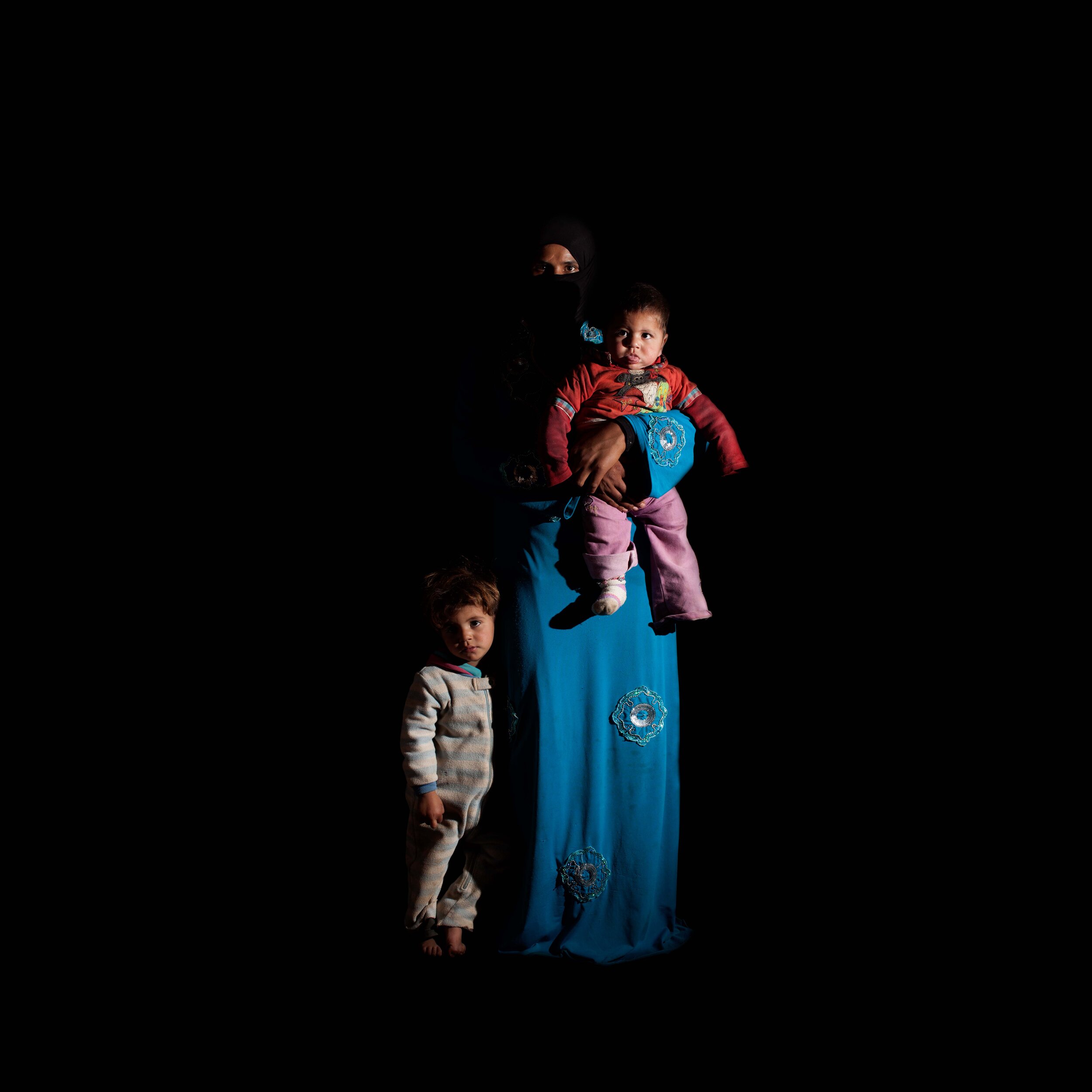
Rania (22) came to Lebanon from Aleppo two years ago. Her son Samer, who was born here and doesn’t have a birth certificate, is five months old. Her husband looks for recyclable materials in the streets while she stays home with the kids. She is in the process of registering the birth of her child with the support from Norwegian Refugee Council.
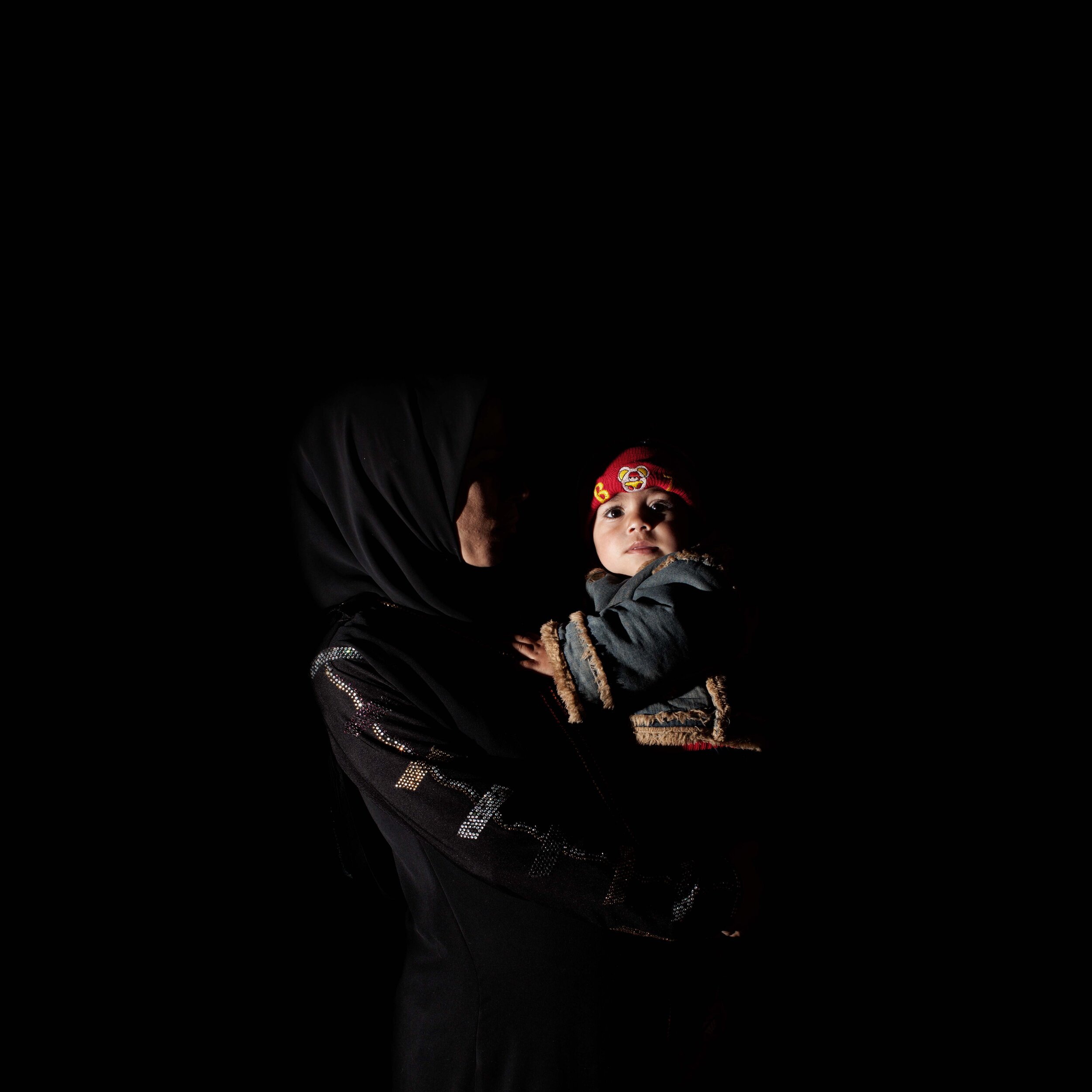
Yara fled the war in Syria in March 2013. She arrived in Lebanon to find herself homeless and living on the streets. She eventually found a place in a temporary shelter where she met and married her husband. She feels thankful that she is no longer homeless. Her son Anwar was born in Lebanon. The Norwegian Refugee Council is helping the family register their marriage in order to register the birth of their child.
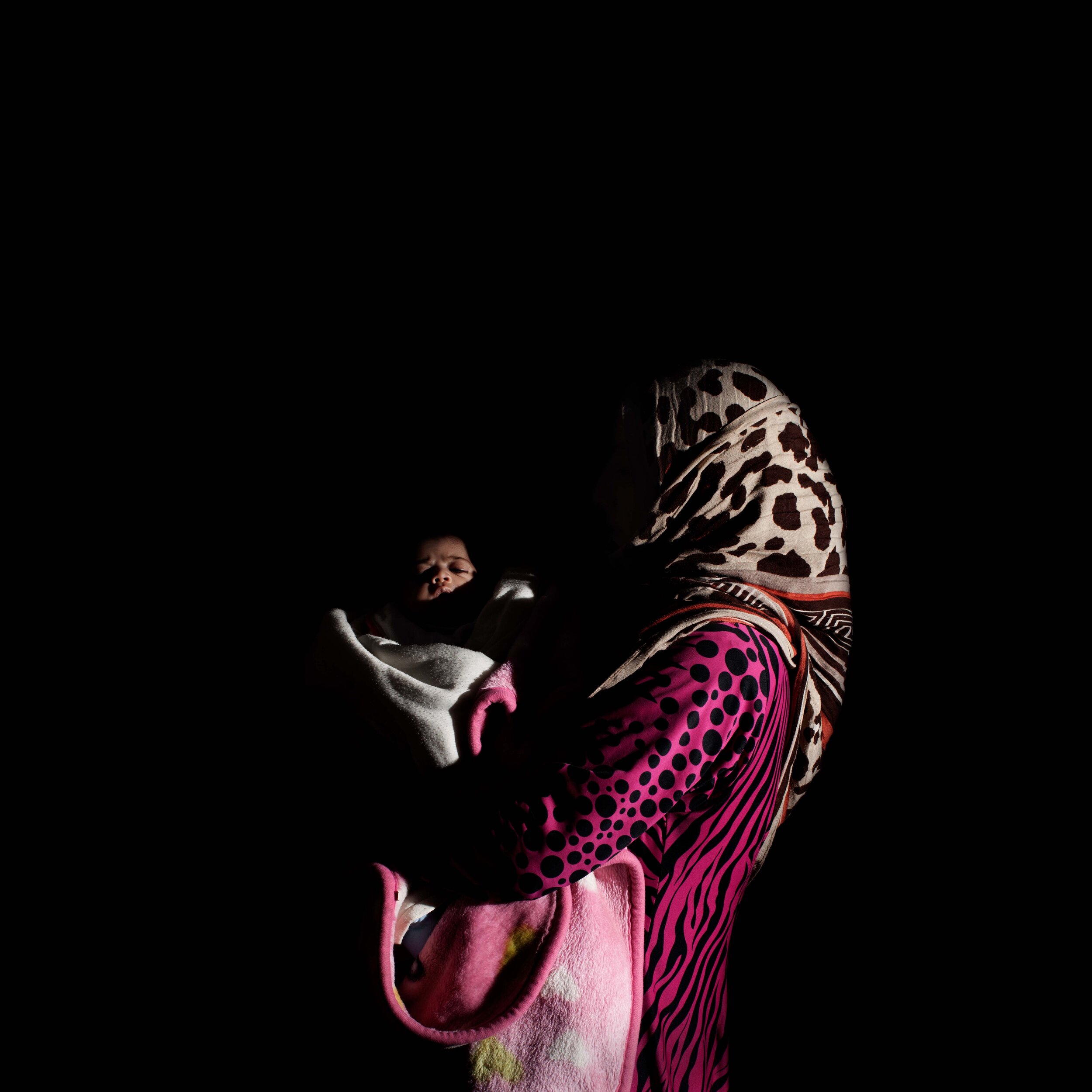
Ghazzieh, 28, is from Idlib and has been in Lebanon for four months. She has seven children. Her youngest, Sham, is forty days old. Sham had to stay in an incubator for five days. So far they have only been able to pay for half of the hospital’s expenses. The hospital has retained her identity card until she pays the other half. The Norwegian Refugee Council provided her with information about registering her baby, and informed her that it can provide support in negotiating with the hospital to get her identity card back.
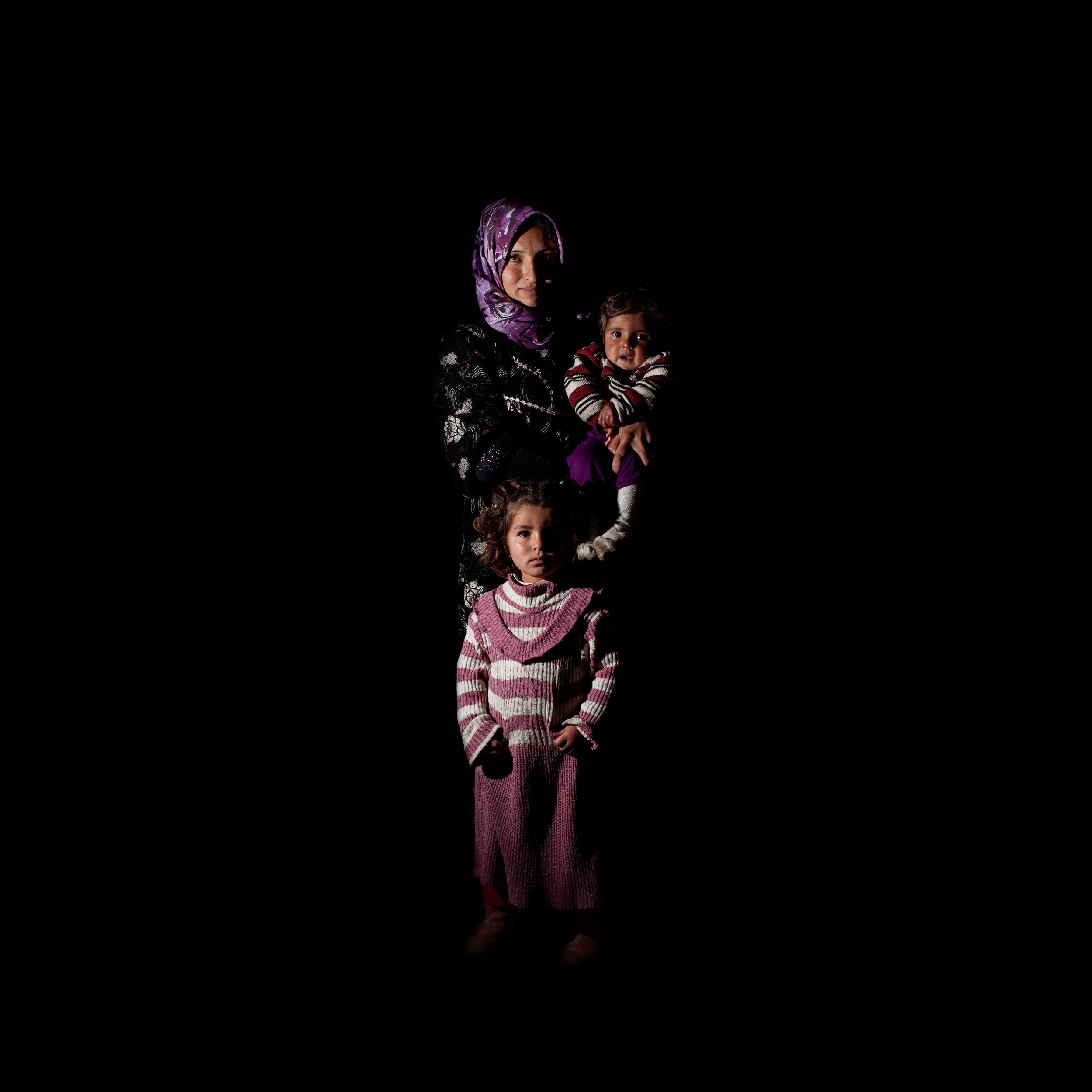
Mariam (25) has two daughters who were born in Lebanon. Their names are Fatmeh, four years old, and Rana, two years old. They have birth certificates but have not fully registered their births. Mariam has been in Lebanon for four years, and her husband is unemployed. She doesn’t know what happened to her home in Syria. Most of the people she knew in Syria are either dead or have been displaced. Her priority right now is to register the birth of her children.
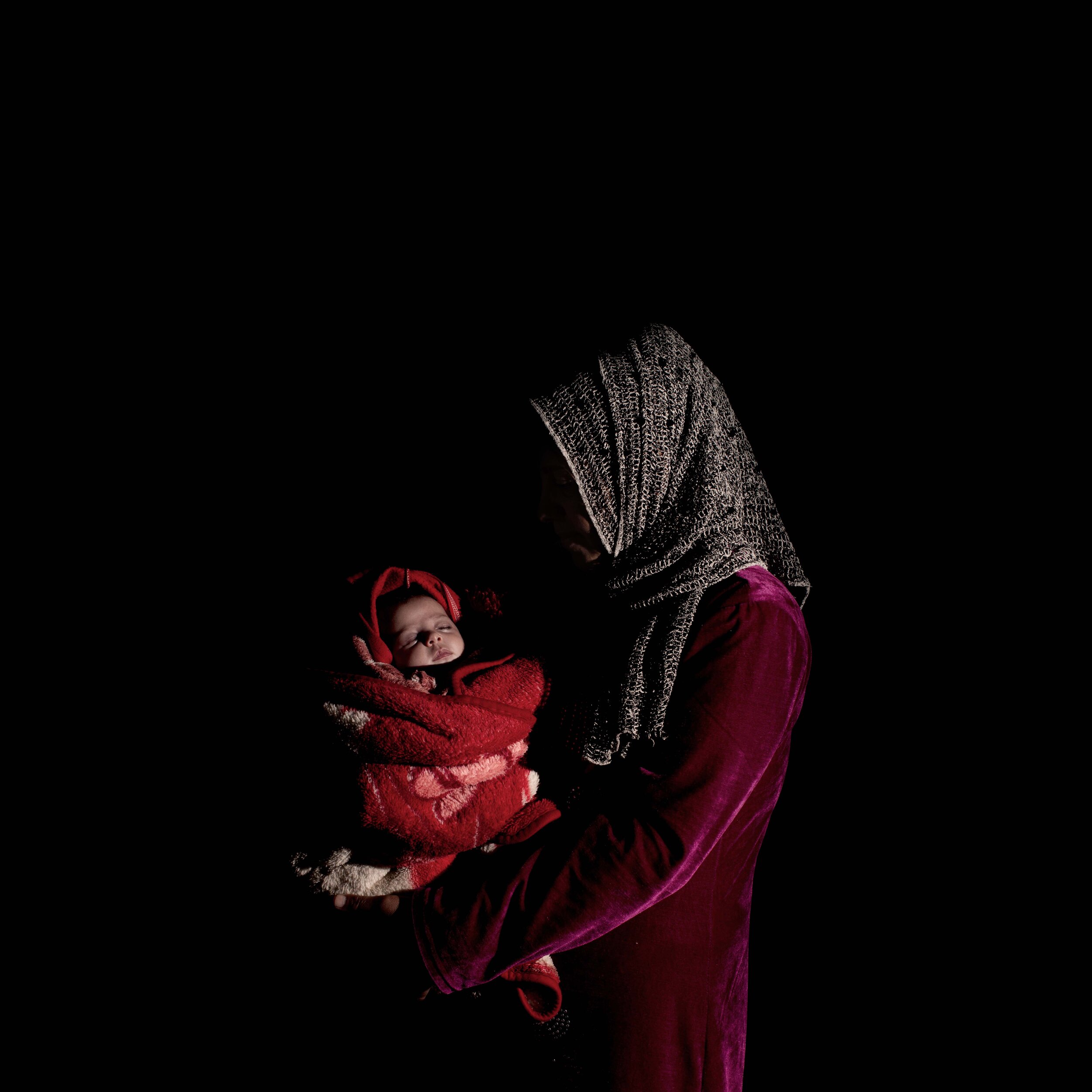
Hawle is from Aleppo and has five children, the eldest of which is six years old. Her youngest, Rahaf, is less than a month old. Her husband has been sick for some time and cannot afford medical attention. She is in the process of registering the birth of her child.
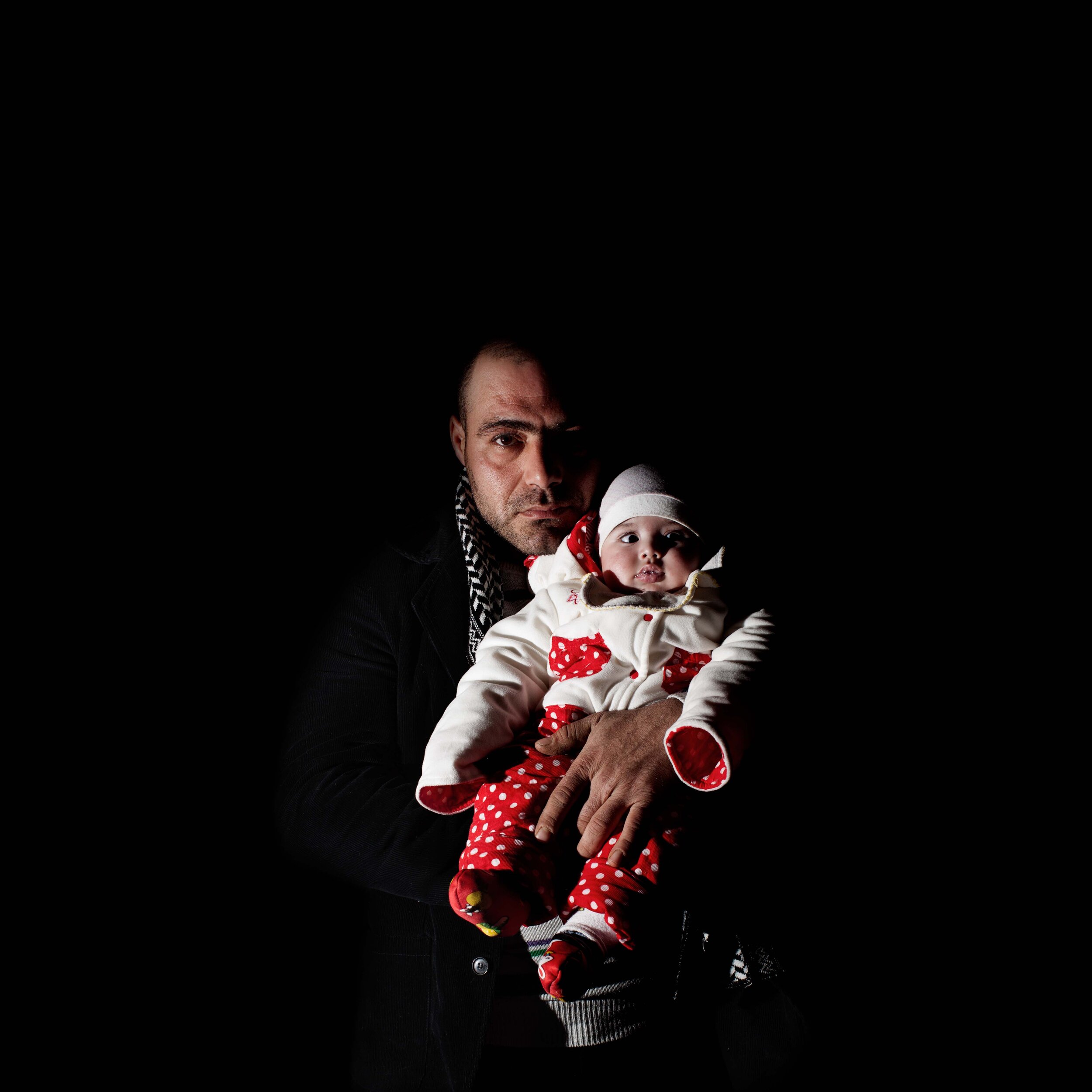
Samer fled from Syria in early 2013. His life in Lebanon has not been easy as they have constant trouble crossing checkpoints. Samer married his wife in Syria but does not have proof of marriage. His son Khaldoun was born four months ago. The Norwegian Refugee Council is helping the family obtain a marriage certificate in order to register the baby.
As a result of the displacement caused by the Syrian crisis which has been ongoing since 2011, more than 40,000 babies of Syrian refugees (registered with UNHCR) have been born in Lebanon. According to a 2015 UNHCR survey, 70 percent of these newborns lack official birth certificates. The bureaucratic procedures required for refugees to register newborns in Lebanon are complex and can be difficult to follow. Refugees often have limited \legal status, lack documentation, have limited financial resources, or inadequate information about the process.
Without birth registration, newborn refugees may face continuous obstacles throughout their lives to access healthcare, education, social services, the labour market and so on. Without documentation to prove identity, a refugee who has not been able to register his/her birth is likely to face numerous consequences in the future, which include limited freedom of movement, particularly when families are able to travel back safely to Syria. Syrian refugee newborns in Lebanon ultimately run the risk of becoming stateless.
A number of actors in Lebanon, such as the Norwegian Refugee Council, are assisting Syrian refugees in Lebanon navigate the steps to register their newborns and, when relevant providing information or legal assistance to be able to progress as far as possible with the birth registration procedures.